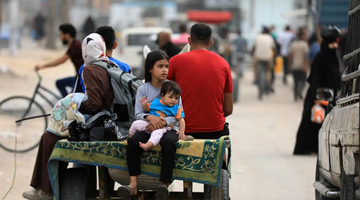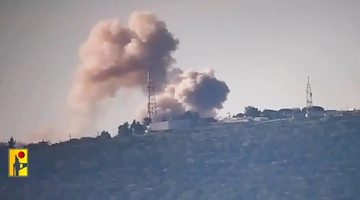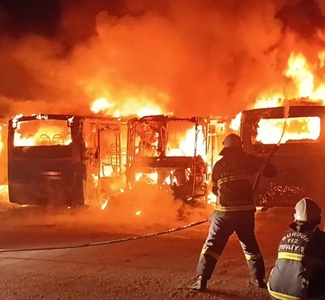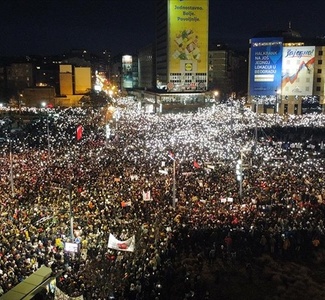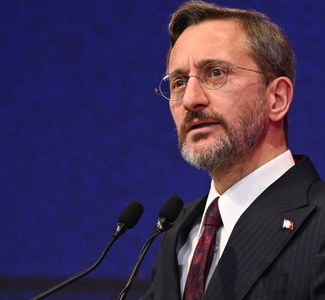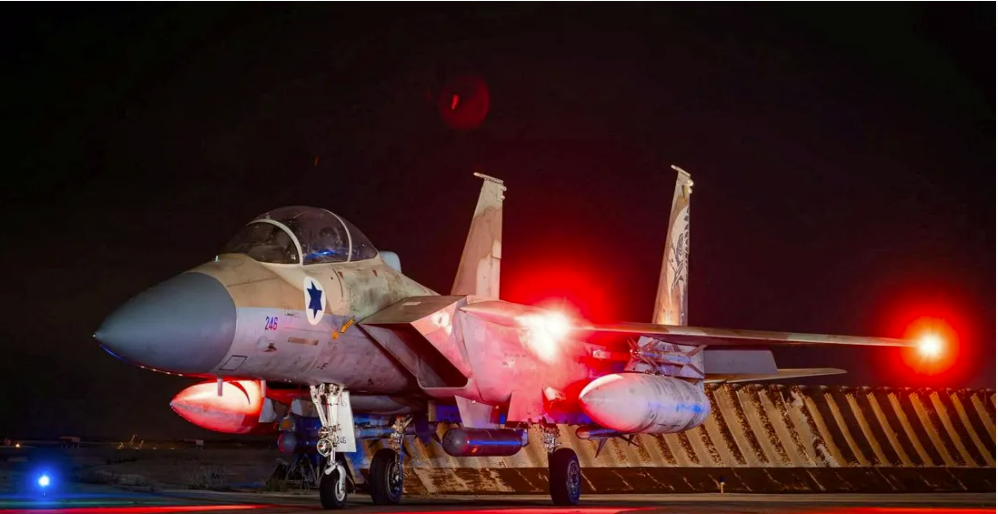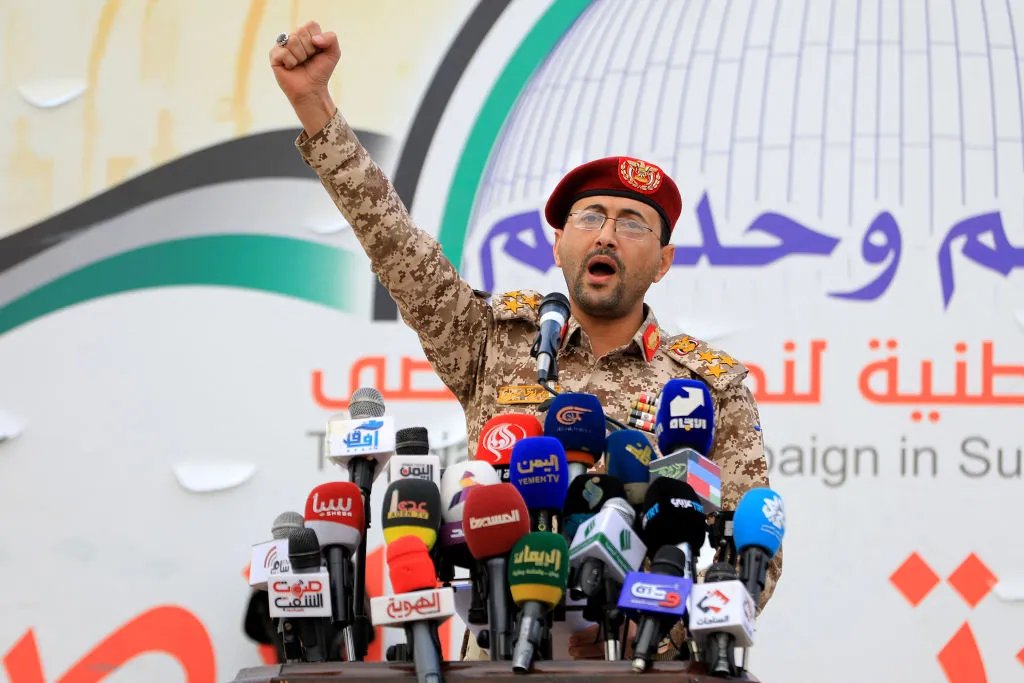Georgian parliament confirms Irakli Kobakhidze as Prime Minister with overwhelming support
Georgia's political landscape saw a significant shift today as the Parliament confirmed Irakli Kobakhidze as the new Prime Minister and endorsed his proposed cabinet.
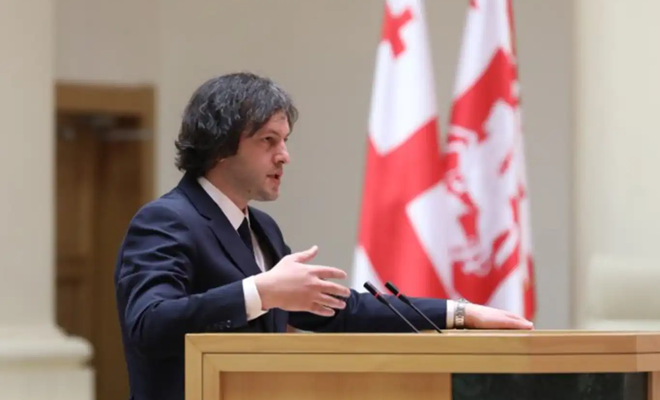
 Google News'te Doğruhaber'e abone olun.
Google News'te Doğruhaber'e abone olun. While retaining most ministers from the previous administration, Kobakhidze's appointment and his program hint at a potential change in tone and emphasis for the ruling Georgian Dream party.
Eleven familiar faces from the earlier cabinet, including key figures like Finance Minister Lasha Khutsishvili and Foreign Minister Ilia Darchiashvili, will continue their roles under Kobakhidze. This suggests a degree of continuity in key areas like economic policy and international relations. However, the appointment of Irakli Chikovani as the new Defense Minister marks a fresh start in that crucial sector.
Kobakhidze's inaugural address was notable for its dual focus: praising the leadership of party founder Bidzina Ivanishvili while sharply criticizing the previous government. He credited Ivanishvili with fostering democracy, economic development, and EU candidate status, contrasting it with a past characterized by alleged "repressive regimes" and "zero-tolerance policies."
While outlining future plans in areas like social policy, healthcare, and defense, Kobakhidze also hinted at a more conservative approach. He stressed strengthening the "idea of the Georgian family" and addressing "patriotic youth development," suggesting a potential pivot towards traditional values. His pledge to tighten drug policy and defend the Georgian Orthodox Church from "neo-Bolsheviks" reinforces this impression.
It remains to be seen how these emerging trends will translate into concrete policies and their impact on Georgian society. While some may welcome a renewed focus on family and faith, others might raise concerns about potential restrictions and social conservatism. The international community will likely pay close attention to developments regarding democracy, human rights, and relations with neighboring countries like Russia. (ILKHA)




























